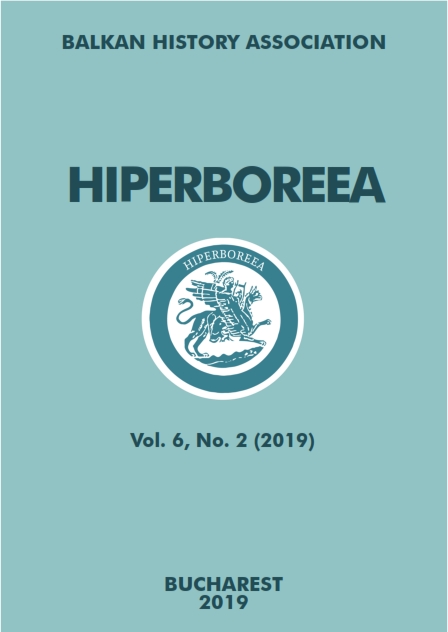Bulgaria and the United States in the 60s – from Confrontation to Détente a Cold War Case Study
Bulgaria and the United States in the 60s – from Confrontation to Détente a Cold War Case Study
Author(s): Veselina UzunovaSubject(s): Governance, International relations/trade, Politics of History/Memory
Published by: Asociația de Istorie Balcanică
Keywords: Bulgaria; US foreign policy; Cold War; Todor Zhivkov; Nathaniel Davis; Ivan-Assen Georgiev
Summary/Abstract: In the 1960s the relations between the US and Bulgaria reached its highest point of confrontation since the beginning of the Cold War. Bulgarian government was accused in three consecutive attempts for assault on the US Legation in Sofia which was considered a significant part of the conducted policy of intolerance, contempt and hatred towards everything American. At the time the US representation in Bulgaria was meant to be isolated and unappreciable, separated by a thick wall from the curious eyes of Sofia citizens. However, the shift of Soviet foreign policy in the mid-60s quickly changed the Bulgarian government’s hunger for confrontation by taking a course towards warming and reconciliation of their bilateral relations. The present paper seeks to outline Bulgaria’s ultimate pro-Soviet policies as Cold War best practice. The topic of US-Bulgarian bilateral relations in the period following the break of diplomatic relations in 1950 has not been a subject to detailed research neither in Bulgaria, nor in the USA. The paper cites the rich sources of both archives – the archive of US State Department and the archive of Bulgarian Politburo.
Journal: Hiperboreea
- Issue Year: 6/2019
- Issue No: 2
- Page Range: 51-58
- Page Count: 8
- Language: English
- Content File-PDF

